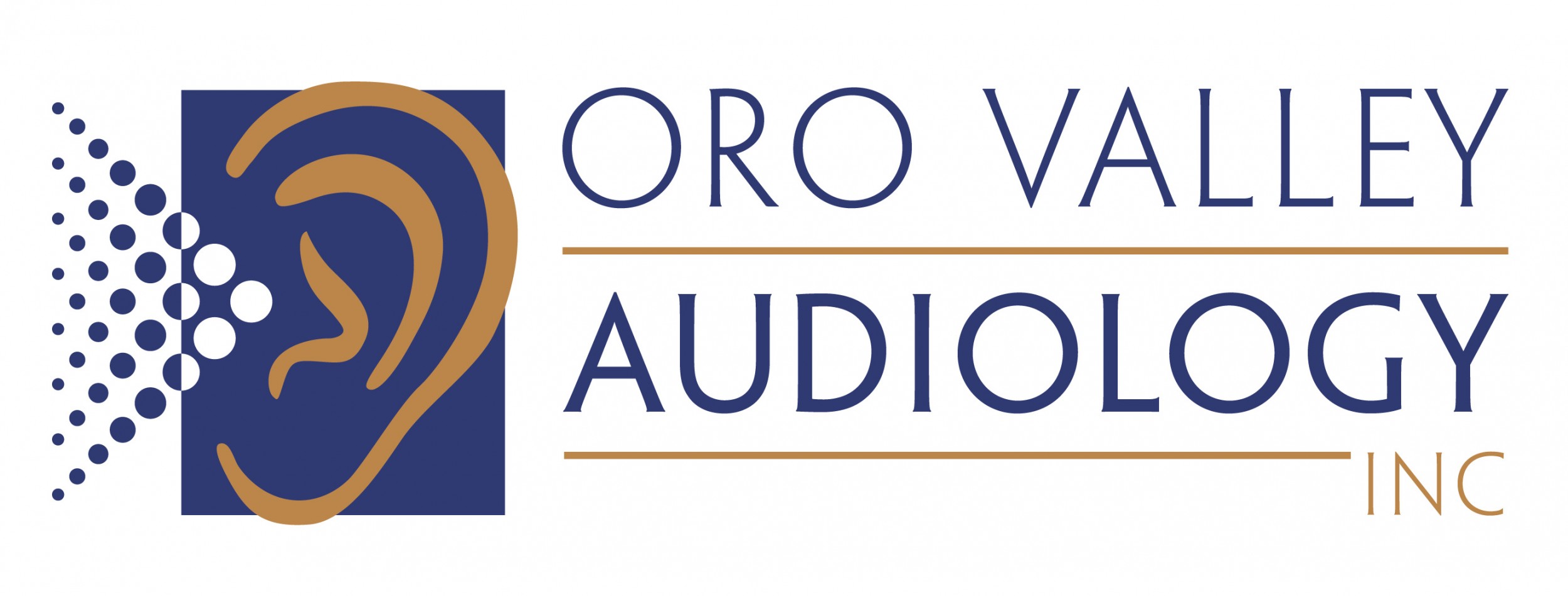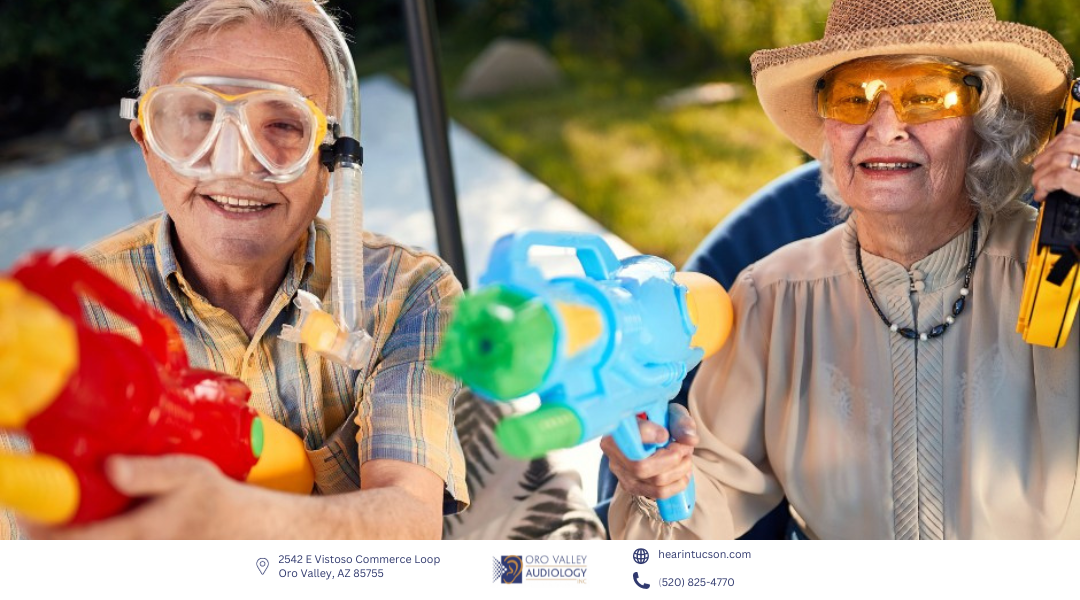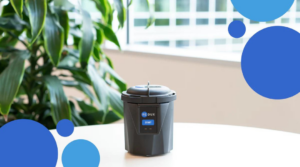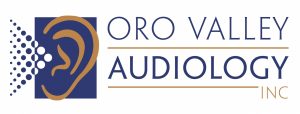As the humidity in the air starts to fluctuate, it is important to note how moisture can impact hearing aids. Hearing aids are an electronic device; like most electronics, they do not like moisture. Moisture can come in several forms, including water (such as rain, drips, shower, etc.), humidity from the air, perspiration, and condensation (when your environment quickly changes temperature). Regardless of how the hearing aids were exposed to moisture, the hearing aids can be negatively impacted.
Some common signs of moisture exposure for hearing aids include static or crackling sounds in the hearing aids, distorted sound quality, fluctuations in volume or sound quality, and intermittent turning off/on of the hearing aid. When these problems arise, one question you may be asked is if they have been exposed to any moisture and how often they are exposed. While more recent hearing aids have an IP68 rating which makes them moisture-resistant, the majority of hearing aids are not moisture-proof (unfortunately).
What can be done about moisture?
For some individuals, moisture can be an ongoing concern and be the source of a lot of frustration. When problems with moisture become a pattern, your audiologist will discuss management strategies with you to combat moisture. Some solutions include: using a dry aid kit or dry jar. These dry jars have desiccants filled with moisture-wicking beads to absorb moisture from the hearing aids. Another solution may be an electronic dryer which varies in size and methods for pulling moisture from hearing aids. The most common electronic dryer uses heat and fans. The dry jar and electronic dryers are most beneficial when used overnight.
For individuals that have moisture concerns, rechargeable hearing aids can be a better option than disposable battery-operated hearing aids. Rechargeable batteries have fewer spaces for moisture to get into the devices. However, using a dry jar or electronic dryers with rechargeable devices can be challenging. Additional dryers can dry the hearing aids and charger while continuing to charge the hearing aids.
Sometimes accidents happen, such as a hearing aid getting dropped in a sink of water. When these accidents occur, call our office right away. In the clinic, we have an additional dryer called Redux. Redux is a moisture-removing vacuum chamber that has the potential to save a hearing aid from needing to be sent for repair. The Redux dryer dries the hearing aid in 8-12 minutes and even displays how much moisture was removed. For some individuals, home drying care is not feasible so they have monthly appointments to dry the hearing aids via Redux.
If moisture in your hearing aids is a concern, your audiologist will help find the best solution. Just give us a call 520-825-4770.
If you are concerned about your hearing aids being exposed to moisture, call our office to schedule a deep cleaning and hearing aid drying appointment. These can often be scheduled the same day or the next day.



